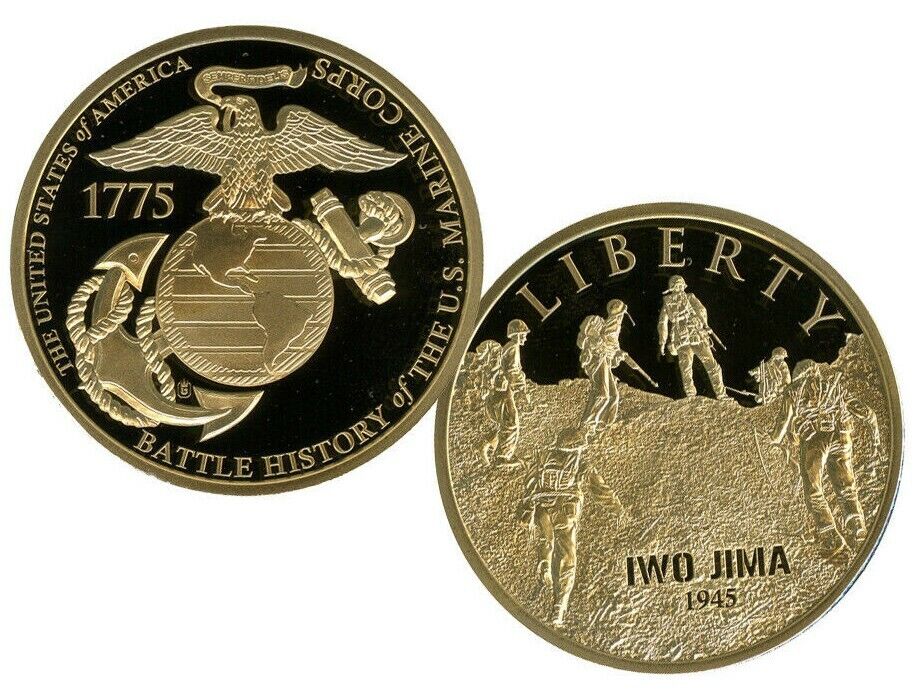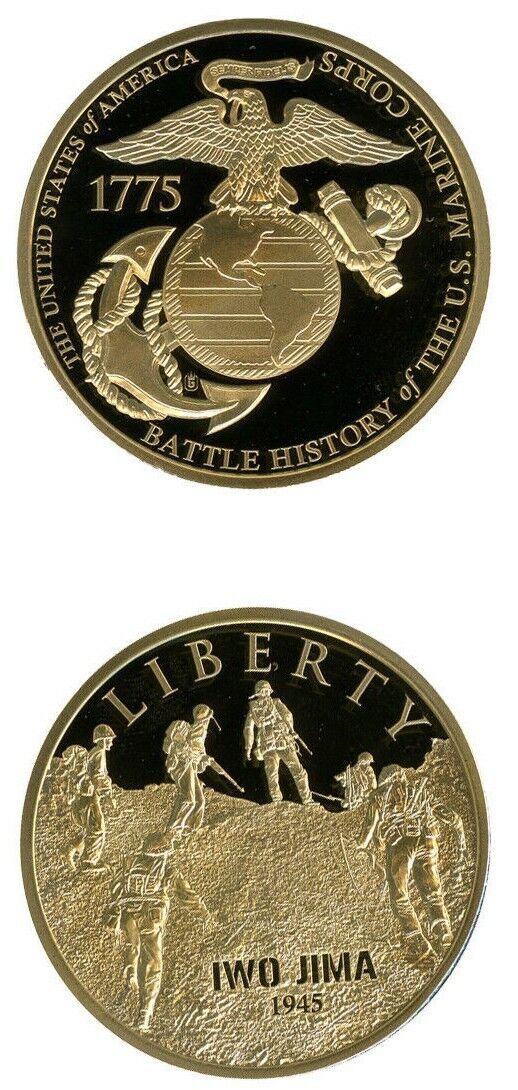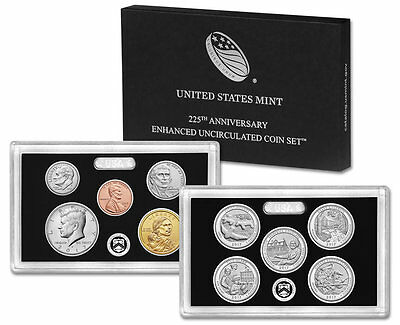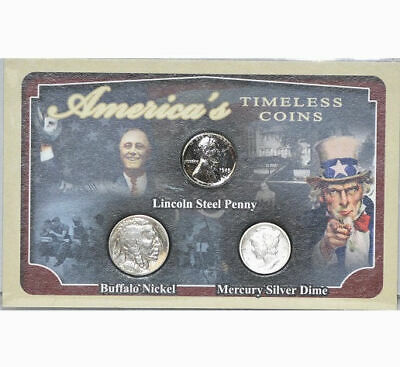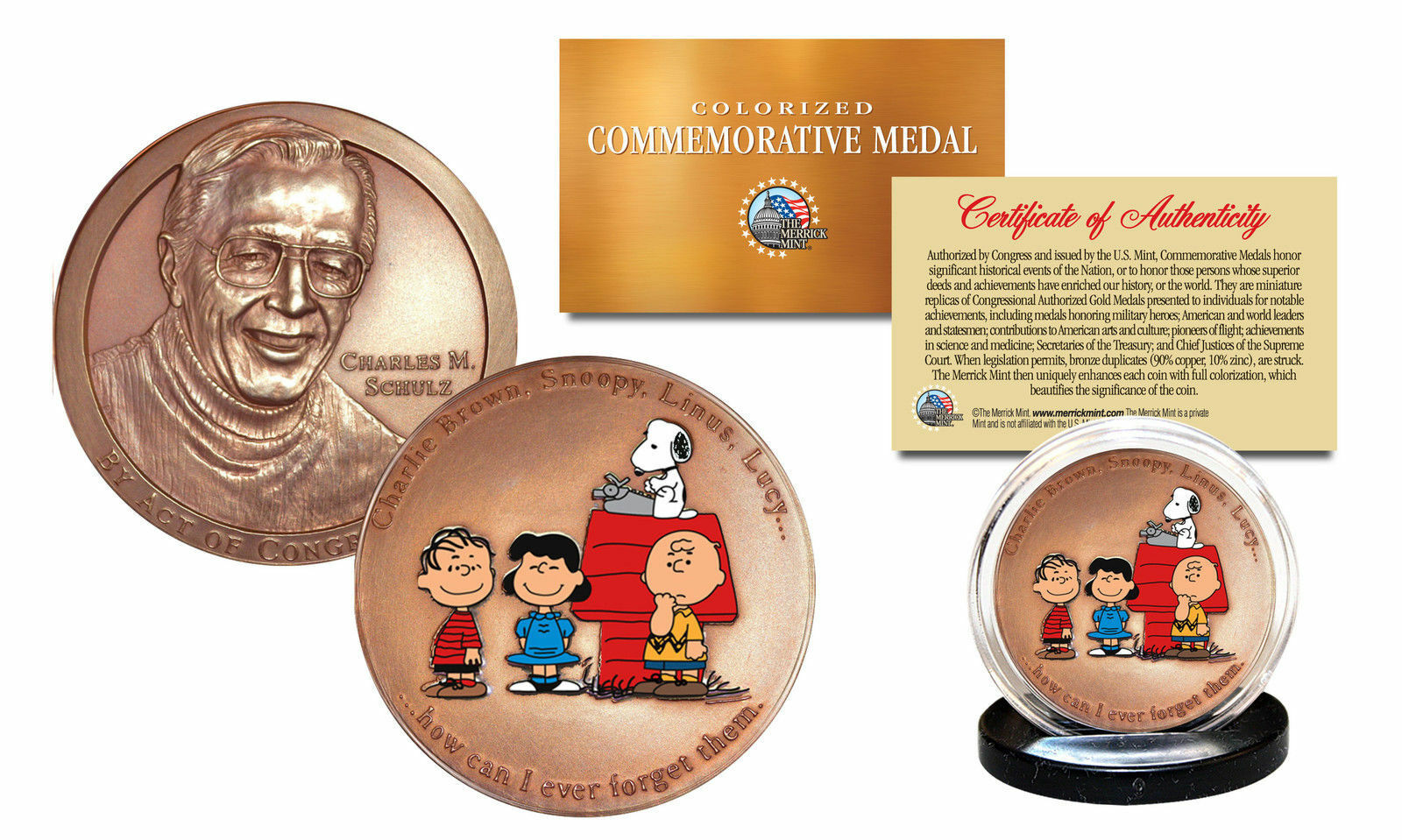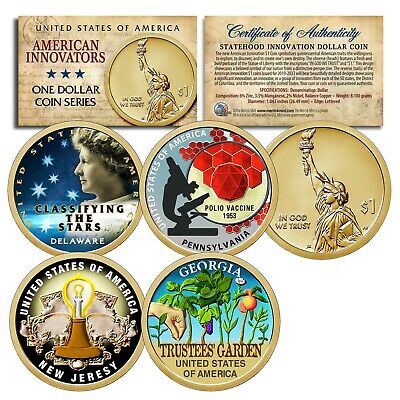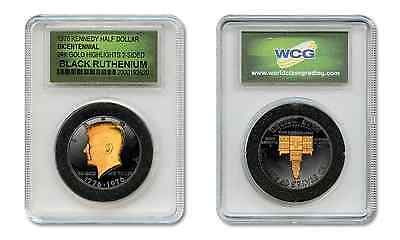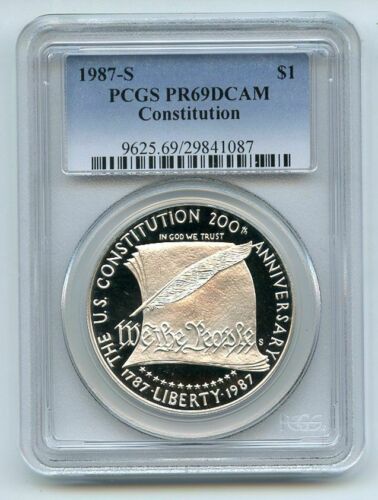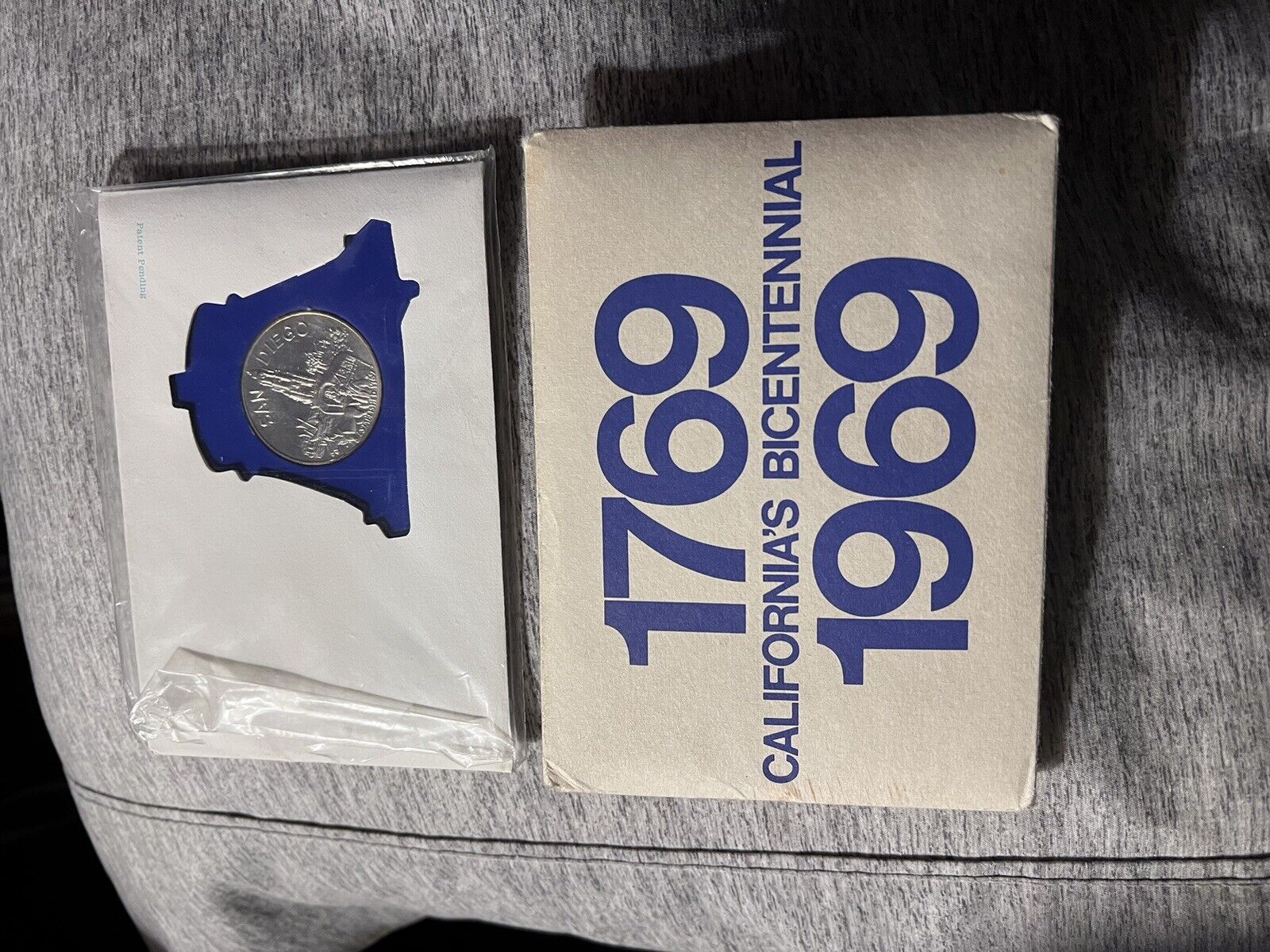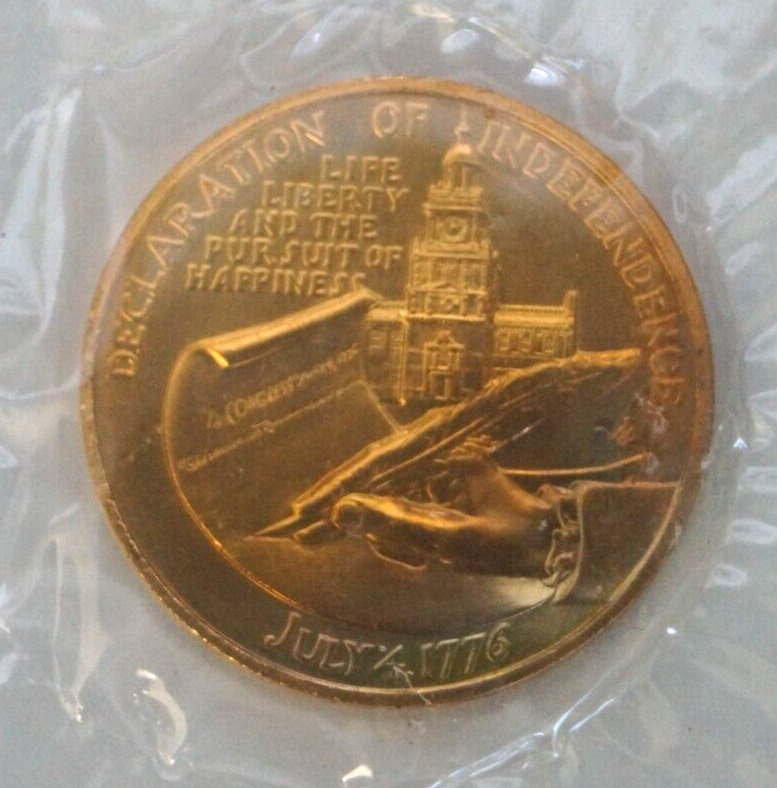-40%
IWO JIMA COMMEMORATIVE COIN PROOF VALUE .95
$ 52.77
- Description
- Size Guide
Description
IWO JIMA COMMEMORATIVE COIN PROOF VALUE .95An exclusive coin honoring the U.S. Marines who fought on Iwo Jima
Features U.S. Marines successfully taking Mount Suribachi
The reverse has the U.S. Marine Corps logo and is dated 1775
Details
Limitation:
9,999 complete collections
Weight:
32 g
Material (details):
Copper nitrate, layered in 24k gold
First issued:
2017
Diameter:
1.6" (40 mm)
Obverse:
Iwo Jima
Reverse:
Battle History of the U.S Marine Corps
Finish:
Gold-layered
Material:
Copper
Quality:
Proof
Period:
after 2016
Iwo Jima Commemorative Coin
The Battle of Iwo Jima was one of the most important battles fought in the Pacific Theater during World War II, and it was a turning point for the Allied campaign against the Imperial Japanese Navy. Iwo Jima was a relatively small island, but it held significance as a landmass with three airfields capable of supporting an air campaign against the country of Japan, located only 650 miles away. Victory would mean a direct shot at Japan, but success would come at a high cost.
Starting on February 16, 1945, the Allies, led by U.S. forces, began sustained aerial and naval bombardment against the Japanese defenses. The Japanese were prepared and took refuge in a connected network of concrete bunkers hidden under the dense jungle canopy, leaving their forces mostly intact. After three days of shelling, on February 19, U.S. Marines boarded amphibious assault vehicles and landed on the island's black sandy beaches. Their goal was to reach and secure Mount Suribachi, a dormant volcano with a view of the entire battlefield.
After four days of taking hard-won ground inch by inch, the Marines reached their objective and raised the American flag, inspiring their fellow combatants and a nation worn weary by the prolonged war. Following another long month of continued fighting, the Allies claimed victory over Iwo Jima, but only after taking 25,000 casualties and suffering almost 7,000 dead. Their sacrifice ultimately led to victory in the Pacific and the end of World War II.
